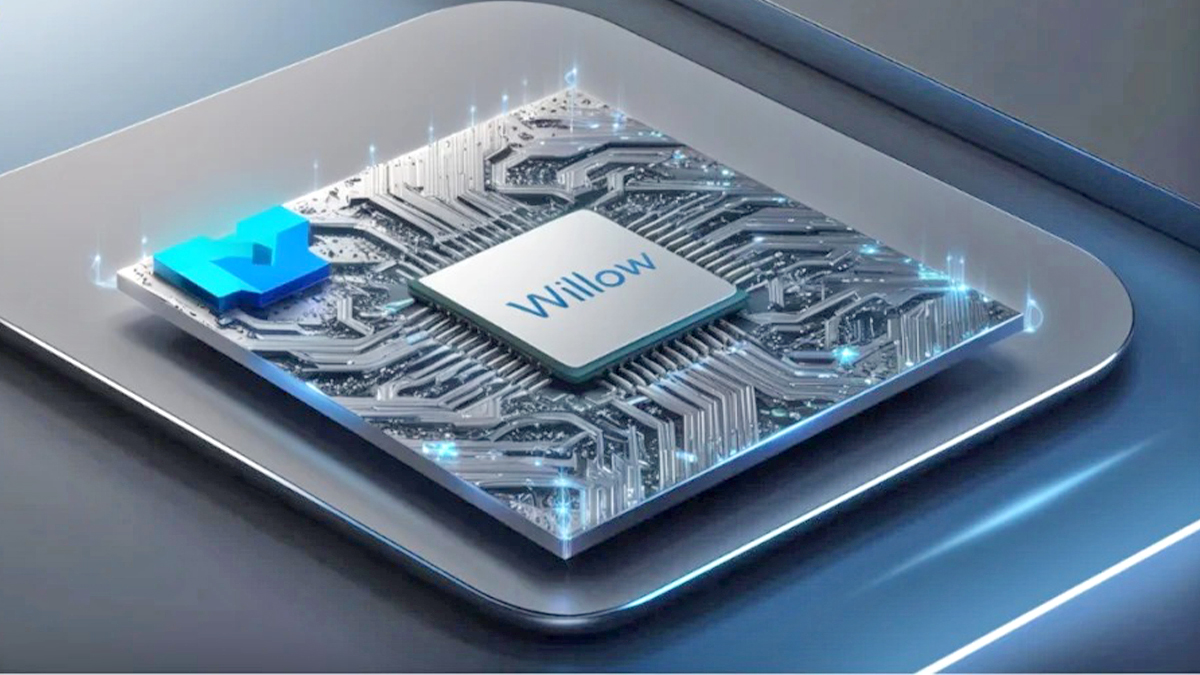Google has recently introduced a new quantum computing chip named “Willow,” which marks a significant leap forward in the realm of quantum technology.
This chip can solve a septillion years of problems in just five minutes. This performance underscores the potential of quantum computing to perform calculations at speeds unattainable by traditional computing methods.
Despite these advancements, Willow is currently viewed more as an experimental tool rather than a device ready for widespread commercial use. Experts suggest that while the chip demonstrates impressive capabilities, a quantum computer that can address a broad spectrum of real-world challenges is still years away, likely requiring billions in further investment.
Hartmut Neven, head of Google’s Quantum AI lab, has expressed optimism about Willow’s practical applications but remains cautious about specifics. He indicated that commercial applications might not be seen until the end of the decade, with initial uses potentially in simulating quantum systems for drug development or energy solutions like better car batteries.
However, Google claims that with Willow, they have managed to reduce error rates even as the qubit count grows, a breakthrough pursued by the field for nearly three decades. This development is crucial for scaling up quantum computers into practical tools.




